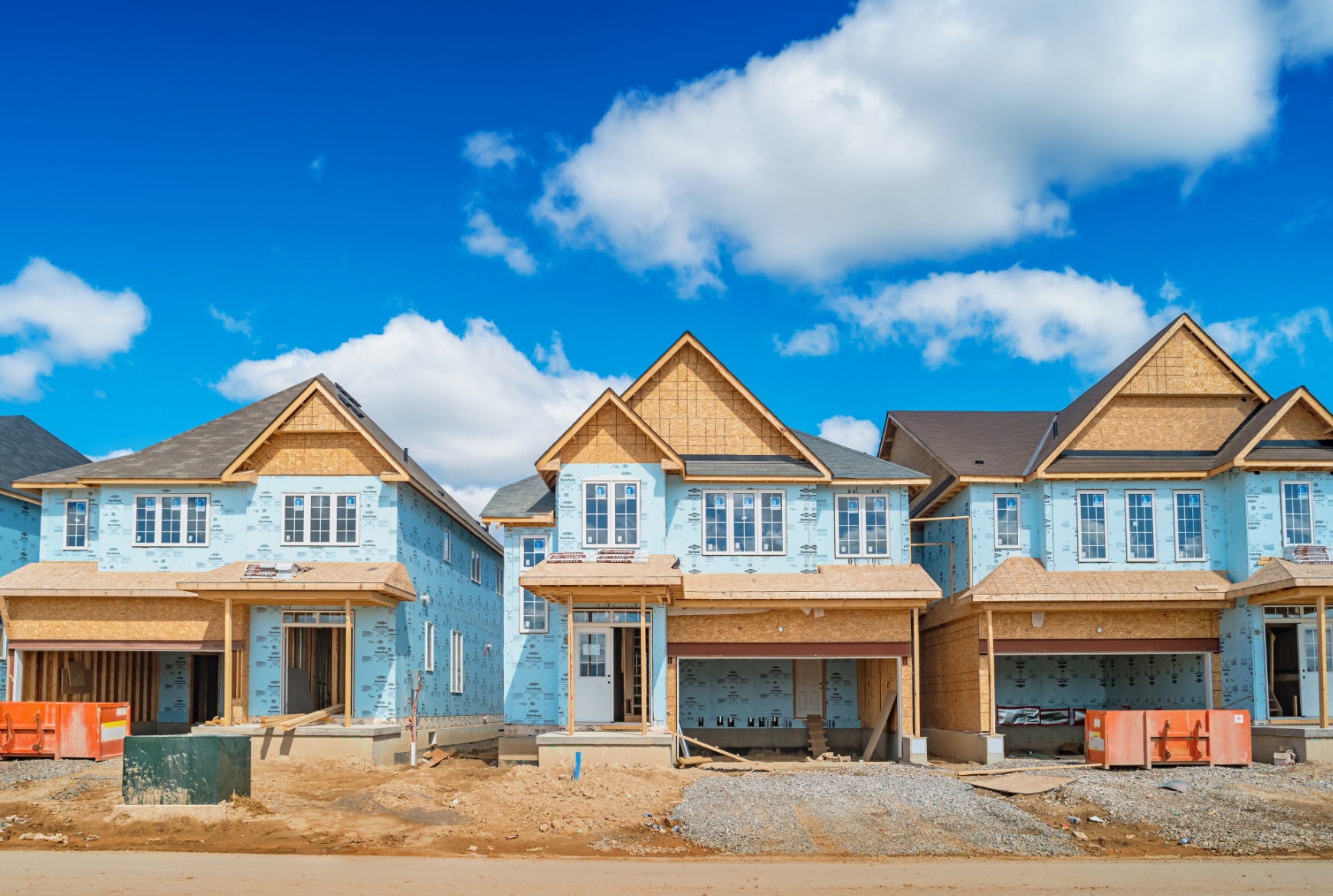Construction Industry: The price of commercial insurance

If you own a construction company, then you know that commercial insurance protects you from the unexpected. However, to help you make well-informed decisions about your coverage, let’s explore the basics of insurance, from the factors used to calculate your premium to the ways you can save.
How is your commercial insurance premium calculated?
When calculating a commercial insurance premium, your insurer considers obvious factors like:
- Coverage options
- Deductible and civil liability amount
- Value of the covered property (equipment, tools, vehicles, etc.)
- Cost of rebuilding or resuming a job site, which is affected by inflation and labour costs
- Claims history
- Climate change
Then, there are the risks specific to the construction industry:
- Faulty workmanship
- Fire
- Vandalism and theft (which is on the rise)
- Water damage
- Your company’s reputation and finances
The type of construction work you do also affects the price of your commercial insurance. The risk will be higher for some trades than for others. For example, welders tend to be more expensive to insure than painters, plumbers or electricians.
The location of the job site also affects the price of your insurance. For example, catastrophic claims are more likely to occur at airports and refineries.
Finally, the insurer considers your company’s:
- Use of subcontractors
- Sector of activity
- Income
- Years in operation
- Presence in the U.S. market

Can you lower the price of your insurance?
Yes, it’s possible! Here are a few tips:
- Review your coverage with your insurer.
- Increase your deductible according to your ability to pay in the event of a claim.
- Request a proof of insurance from all subcontractors you do business with.
- Install a tracking device on your vehicles to deter would-be thieves.
- Consider the impact of inflation.
- Reassess the value of your policy on a regular basis so that your insurer can update it accordingly—this also avoids the risk of being underinsured.
Take preventive measures to reduce the risk of:
- Fire
- Theft and vandalism
- Water damage
- Injuries and falls
- Damage caused by thunderstorms
- Cyberattacks
- Fraud
The best way to prepare for an unexpected situation is to make a business continuity plan.
Coverage specific to the construction industry
Despite your best efforts to reduce the risk of damage, theft or accidents, things can still go wrong. Thankfully, insurers offer solutions for all types of construction companies and contractors.
Whether you build infrastructure or residential, commercial or institutional buildings, you need to protect the worksite. One insurance policy may not be enough! It's in your best interest to choose insurance that's tailored to your activities.
Commercial insurance
Rising costs, supply chain issues and labour shortages are all putting pressure on your business. Before you buy insurance, consider all possible scenarios so you can choose the right coverage. Ask yourself these questions:
- What risks are inherent to my operations?
- How much money would I need to rebuild a building destroyed by fire?
- How much would a delay in project delivery cost my company?
Warranties, programs and the estimated value of the policy are all factors that go into calculating the cost of insurance. The estimated value of the policy is mostly affected by inflation, the cost of raw materials and fuel as well as salaries.
Inflation affects your construction projects too. If you experience triple-digit increases in the cost of certain materials, then the estimated value of your policy is likely to skyrocket too. So, what happens when you file a claim? In the event of a claim, it will be difficult for insurers to calculate a sufficient provision with respect to the initial policy price.
Property insurance
It takes more than tools to manage a job site.
Remember to choose an insurance policy that covers your:
- Tools
- Motorized equipment
- Supplies and materials
- Scaffolding, forms, fencing, etc.

Site insurance
Site insurance protects you in the event of damage to buildings under construction.
It covers:
- Value of equipment (new materials and supplies)
- Collapses (ground movements and windstorms)
- Theft and vandalism (on the site)
You can also insure tools and other handheld or portable equipment (saws, laser levels, hammers, generators, etc.).
Liability insurance
A construction site is dangerous for both workers and visitors (buyers, suppliers, even trespassers).
An accident on a site can also damage someone else's property.
Despite your best disaster prevention efforts, accidents can still happen. And your company may have to pay for the damage. So it's best to protect yourself in case someone files a claim or sues your company for injury or property damage.
Liability insurance covers your company's legal costs, pays compensation when your company is found liable and protects your company when a subcontractor does a shoddy job.
A personalized insurance contract
Whether you're a general or specialized contractor with many years of experience or just starting out, making sure your projects run smoothly should be a top priority.
Talk to your insurer about the right coverage for your business. Sometimes, it's better to pay a little more to ensure your peace of mind.